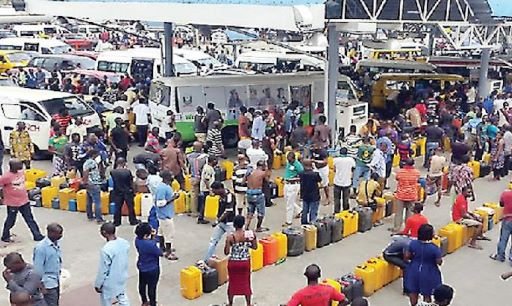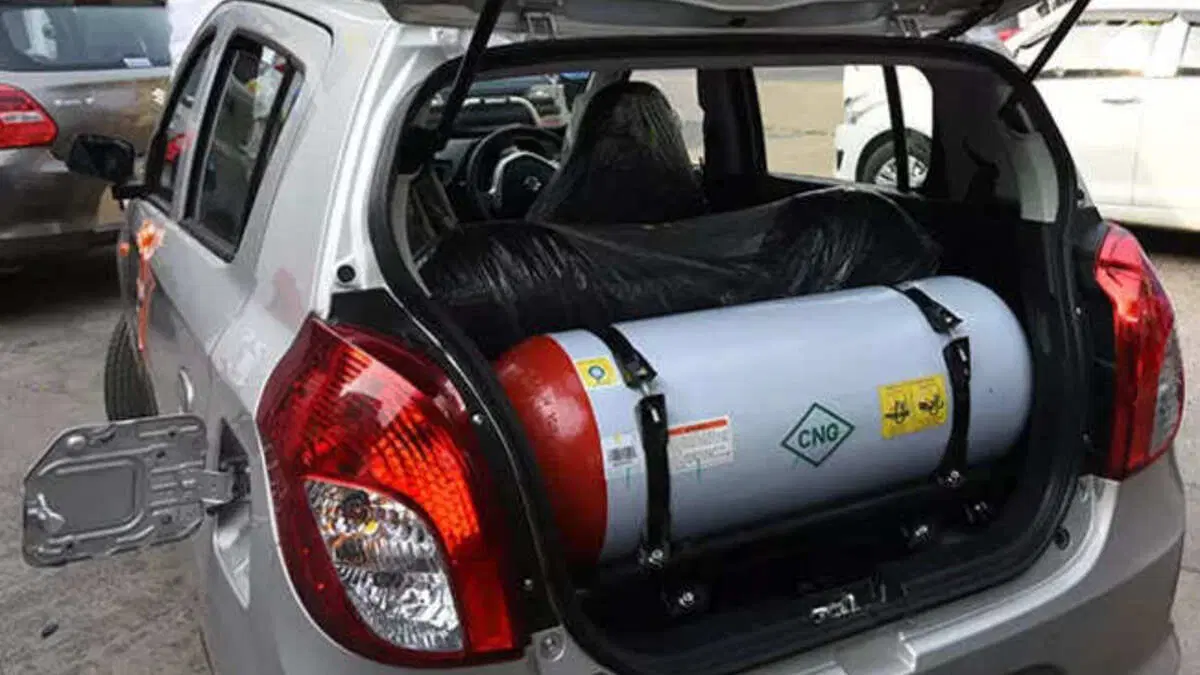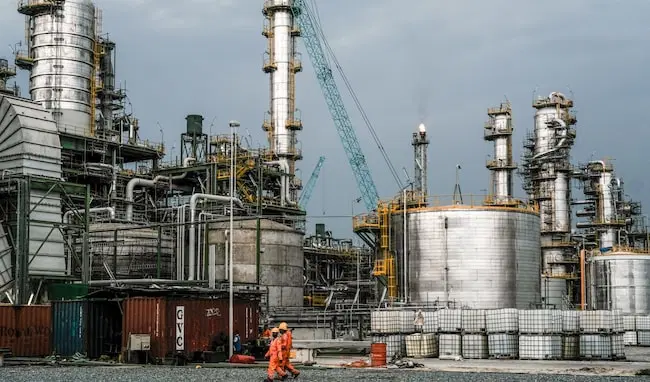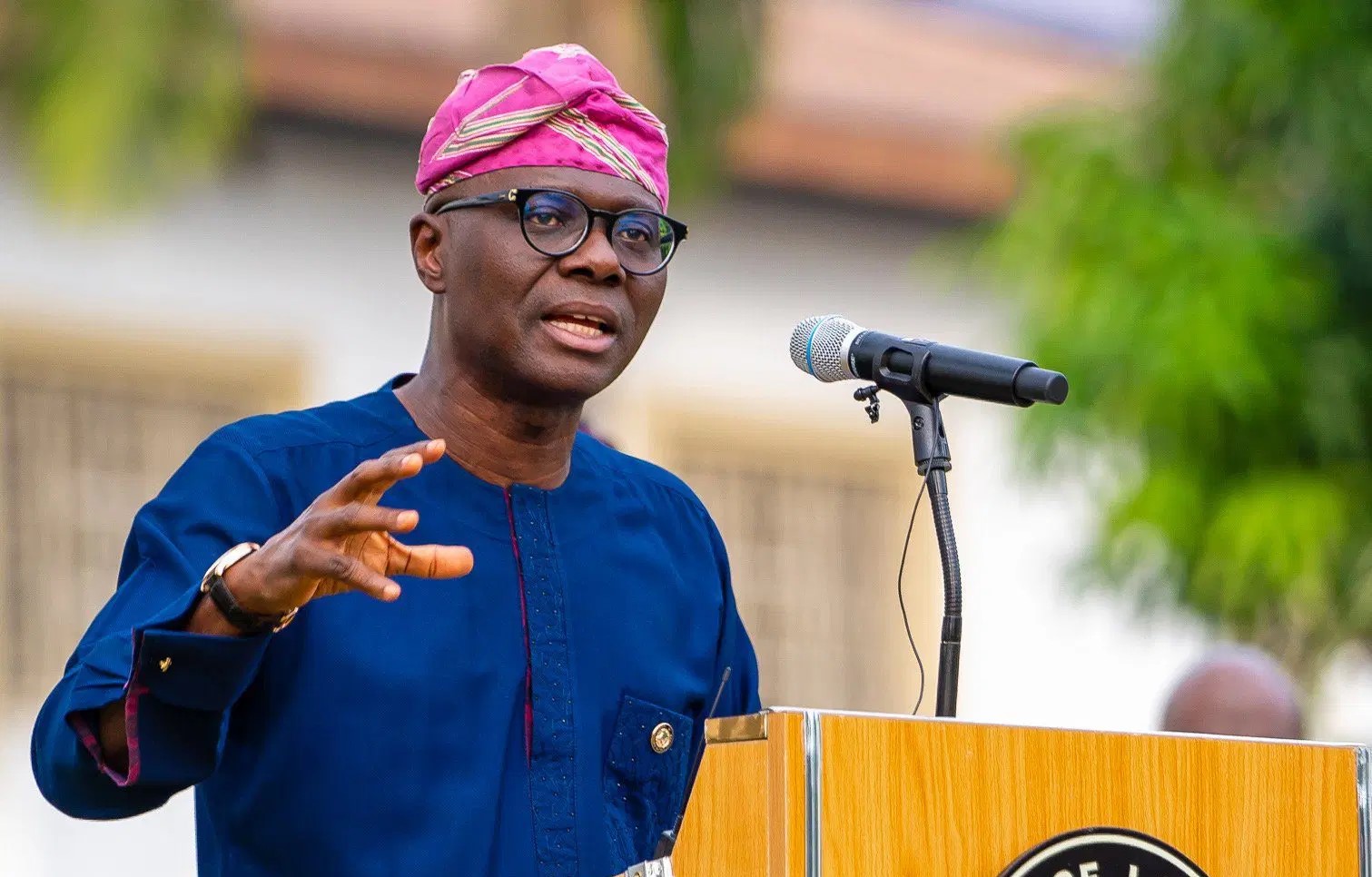There was growing concern over a looming fuel scarcity on Monday after fuel marketers and truck owners halted operations in protest against a new levy introduced by the Lagos State Government.
Truck operators under the Independent Petroleum Marketers Association of Nigeria (IPMAN) and the National Association of Road Transport Owners (NARTO) withdrew their haulage services along the busy Lekki-Epe corridor. This came after authorities began enforcing a ₦12,500 electronic call-up levy on trucks entering the zone.
The corridor is a vital route for fuel distribution across Lagos and surrounding states, particularly with the massive Dangote Refinery operating in the area. Protesters described the levy as an “ill-timed, exploitative burden” imposed without proper consultation or infrastructure.
According to them, the e-call-up charge is part of a public-private partnership but fails to address any real traffic issues. Instead, they believe it serves private interests and worsens business costs.
Truckers Say Levy Increases Cost Without Infrastructure
Dele Tajudeen, former Chairman of IPMAN in the South-West, said several meetings with the government yielded no solution.
“We have had several meetings, but the government has remained adamant,” he said. “There is no gridlock along the corridor. So why this levy? This policy is not about solving a traffic problem—it’s about enriching private interests under the pretense of public benefit.”
He added that the funds from the levy do not go directly to the government but to unnamed private accounts.
“We already pay ₦7,000 at the toll gate. Now an additional ₦12,500 is being demanded. That’s ₦19,500 before we even load fuel. And this money, we hear, is going to a private account—not the government. This is not sustainable.”
Operators say these extra costs would eventually be transferred to consumers, making fuel and other goods more expensive.
Trucking Costs Rise as Inflation Bites
Gbenga Olubasusi, NARTO Chairman at the Lekki Free Trade Zone, said the association is unhappy with the rising costs facing truck owners.
“The tires of a trailer now cost over ₦700,000, and trucks that used to cost ₦4.5 million now go for over ₦40 million. We are already managing so much inflation. This new levy will drive up fuel prices and everything else.”
He also lamented the lack of basic amenities for truckers.
“There is no government trailer park here. We use private parks and pay between ₦3,000 and ₦5,000 daily. Now they want to charge us an additional ₦12,500 with nothing to show in return?”
Comrade Wale Oladeinde, NARTO Zonal Secretary, explained that the protest was not a strike, but a withdrawal of services in protest of unfair policies.
“This is not industrial action. We’re simply exercising our right to stop work under unfair conditions. The trucks are privately owned, and no one can force us to operate under such policies. If Lagos insists on this levy, fuel supply will suffer, and so will the economy.”
Stakeholders Warn of National Consequences
Lagos NARTO Chairman, Kayode Odunowo, said they would not repeat past mistakes.
“We are totally against this charge. We cooperated in Apapa years ago with similar promises from the government, but they failed to deliver. This time, we won’t play along.”
He warned that halting truck movements could affect the entire economy.
“Containers, fuel, food—all rely on trucks. When we stop, everything stops. No NARTO, no Nigeria.”
IPMAN Mosimi Depot Vice Chairman, Olaniyan Yekini, asked why Lagos was enforcing levies without offering infrastructure.
“Other states like Oyo and Ogun have proper trailer parks. Lagos provides parks for buses but not trucks. Yet, they want us to pay more. Are we not part of Nigeria?”
Despite their firm position, both IPMAN and NARTO say they are willing to negotiate. They urged the Lagos State Government to suspend the levy and invite all stakeholders for genuine dialogue.
“We are not against regulation,” said Oladeinde. “But it has to be fair and transparent. You don’t tax a sector without providing the enabling environment.”
As of Tuesday morning, fuel tankers in the Lekki-Epe corridor remained grounded. The Lagos State Government had not issued an official statement.
LCCI Warns Food Prices May Rise Amid Insecurity and Global Tensions
Meanwhile, the Lagos Chamber of Commerce and Industry (LCCI) also worries that Nigeria’s food prices could increase due to local and global crises.
Responding to the May inflation figure of 22.97%, Dr. Chinyere Almona, Director-General of the LCCI, said that while the drop from April’s 23.71% is welcome, the situation remains fragile.
She noted that recent Central Bank of Nigeria (CBN) actions have helped, but structural issues such as farmer-herder clashes, flooding, and global unrest could reverse these gains.
“The recent spate of herdsmen-farmers clashes in the Middle Belt and flooding disasters are negative signals capable of limiting food harvests this year. Logistics and supply chain risks also loom due to current escalations in the Middle East and the deadlocked ceasefire talks between Russia and Ukraine.”
Dr. Almona said rising oil prices from global tensions would raise import costs, especially for food and fuel.
She called on the government to urgently tackle insecurity, build resilient agriculture systems, and harmonize monetary and fiscal policies to protect Nigerians from future shocks.
Rate, Like 👍, Comment, share this article and Follow us on our social media handles.







